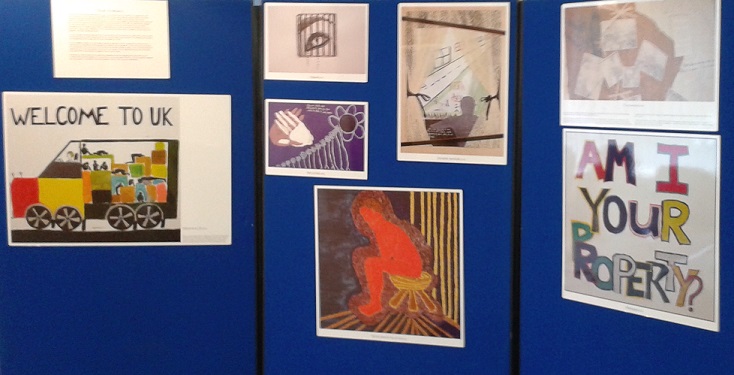
Trafficking in human beings is a worldwide phenomenon requiring an urgent and effective response. It is a growing problem across the UK; with Scotland required to meet UK-wide and international obligations. This has resulted in the introduction of procedures and processes aimed at identifying and responding to the victims of human trafficking and measures to tackle organised trade in the movement and exploitation of people. However, there has been little opportunity for reflection in the development of policies and practices; for the collation and application of empirical evidence; or for experts from academic, policy, and practice to reflect upon current practice and how to take this forward.
In particular, opportunities to determine theoretical imperatives underpinning definitions, estimates and responses have been limited. Aspirations to prioritise a human rights model with a wider discourse of `vulnerable people’ on the move has frequently been overtaken by law enforcement and border control priorities.
This programme provided a unique opportunity to develop interdisciplinary collaboration in a space conducive to reflection and deliberation. The programme's seminars aimed to provide a unique opportunity to develop interdisciplinary collaboration in a space conducive to reflection and deliberation by, firstly, considering the theoretical and conceptual understandings of the issues, followed by examination of appropriate responses and support programmes, consideration of relevant methodological and political issues, and a concluding session which considered ‘where do we go from here?’ in Scotland within the wider global context.